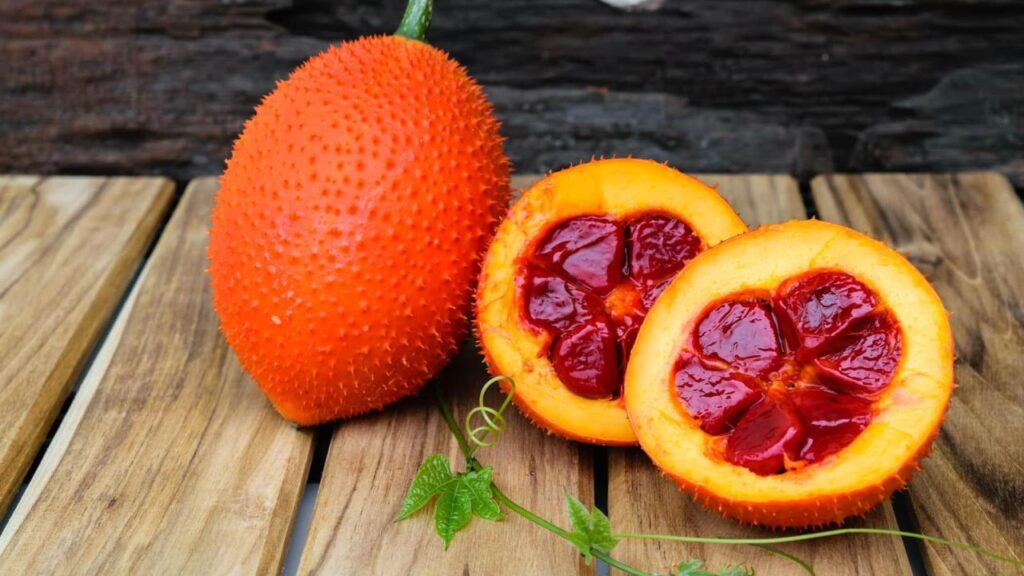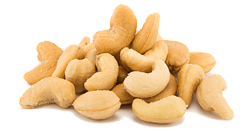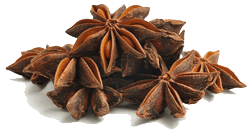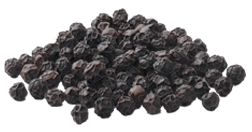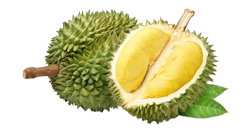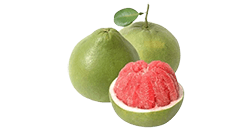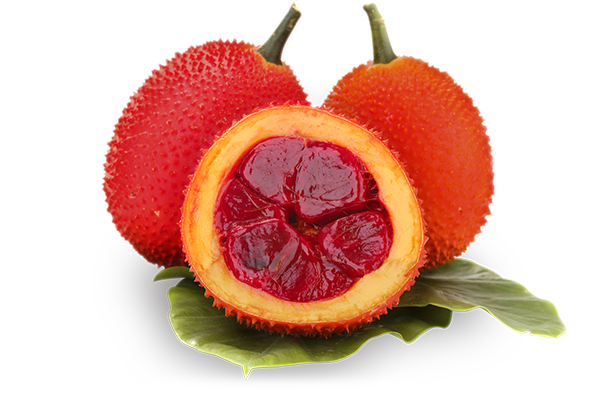Herbs and spices have been used by people around the world since ancient times for both culinary and medicinal purposes.
In addition to adding flavor and nutrients to recipes, some herbs and spices contain compounds that may help reduce inflammation, improve symptoms of certain medical conditions, and protect against the development of chronic diseases.
Ginger is a rhizome, a horizontal stem. Ginger has a spicy and warm flavor and is often added to dishes such as soups, baked goods, and curries.

Ginger has healing properties and has been used in traditional systems of medicine. Ginger contains many bioactive compounds, which have anti-inflammatory and antioxidant effects in the body. Studies show that both eating ginger and taking ginger supplements can benefit health in several ways.
Oregano (Oregano )
Oregano (Origanum vulgare) is the common name for a group of herbs commonly used in Mediterranean cuisine. Oregano belongs to the mint plant family, or Lamiaceae, and has a strong, earthy flavor.
Oregano contains plant compounds, including thymol and carvacrol terpenes, that have powerful antioxidant properties. It is used in traditional medicine systems to treat ailments such as indigestion, cough, diarrhea, and bronchitis.
Due to its high antioxidant content, oregano supplements may help reduce markers of oxidative stress. Oxidative stress occurs when molecules called reactive oxygen species (ROS) overwhelm the body’s antioxidant defenses, leading to cell damage.
A 2023 study including 24 male military personnel found that participants supplemented with 500 milligrams of oregano powder immediately after completing an intensive fitness test had reduced markers of muscle damage and stress. blood oxygenation and increased blood antioxidant levels compared with participants taking a placebo.
Cinnamon
Cinnamon is one of the most popular spices in the United States. The warm, spicy flavor of cinnamon can be found in beverages like cider and in baked goods like cookies, pumpkin pie, and sweet bread. This spice contains many healthful compounds such as cinnamaldehyde coumarin, cinnamic acid, and eugenol, all of which have potent antioxidant and anti-inflammatory properties.
Regularly consuming or supplementing with cinnamon can provide significant metabolic benefits. Studies have shown that people who consume 1-6 grams of cinnamon per day for 40 to 90 days have reduced blood sugar, blood lipids, and blood pressure.
Garlic
Garlic is well known for its health benefits and culinary uses. Garlic contains plant compounds that help inhibit pro-inflammatory proteins involved in chronic inflammation.
Garlic may help protect heart health by reducing atherosclerosis or the buildup of plaque in the arteries. A 2021 study that included information on 4,329 adults found that those who consumed raw garlic one to three times per week had lower carotid intima-media thickness (cIMT). cIMT is an early marker of atherosclerosis and is used as a measurement to assess a person’s risk of atherosclerosis-related disease.
You can add raw garlic to your diet by using minced garlic in salad dressings, salsa, pesto, marinades.
Read the original post here .







